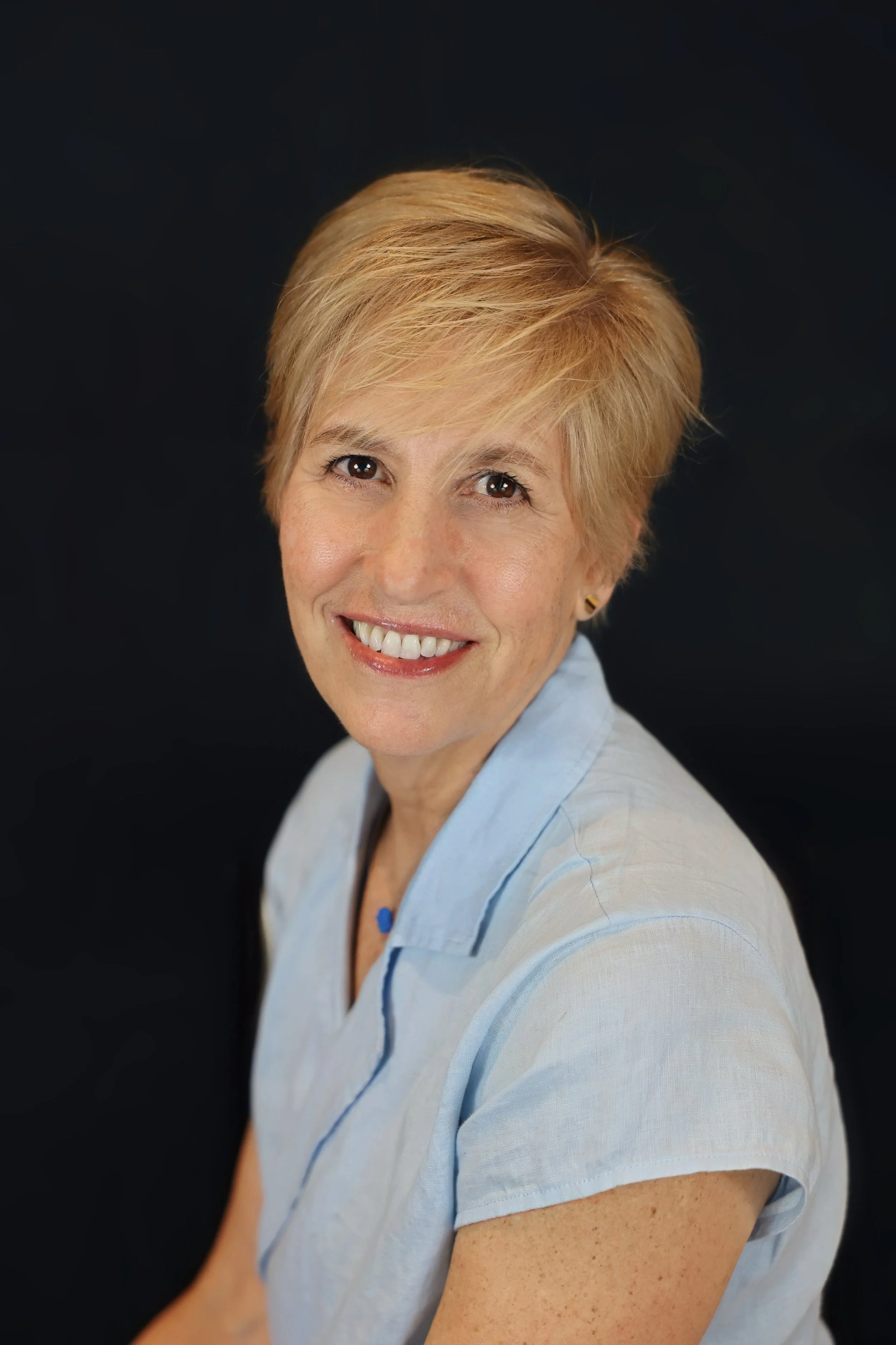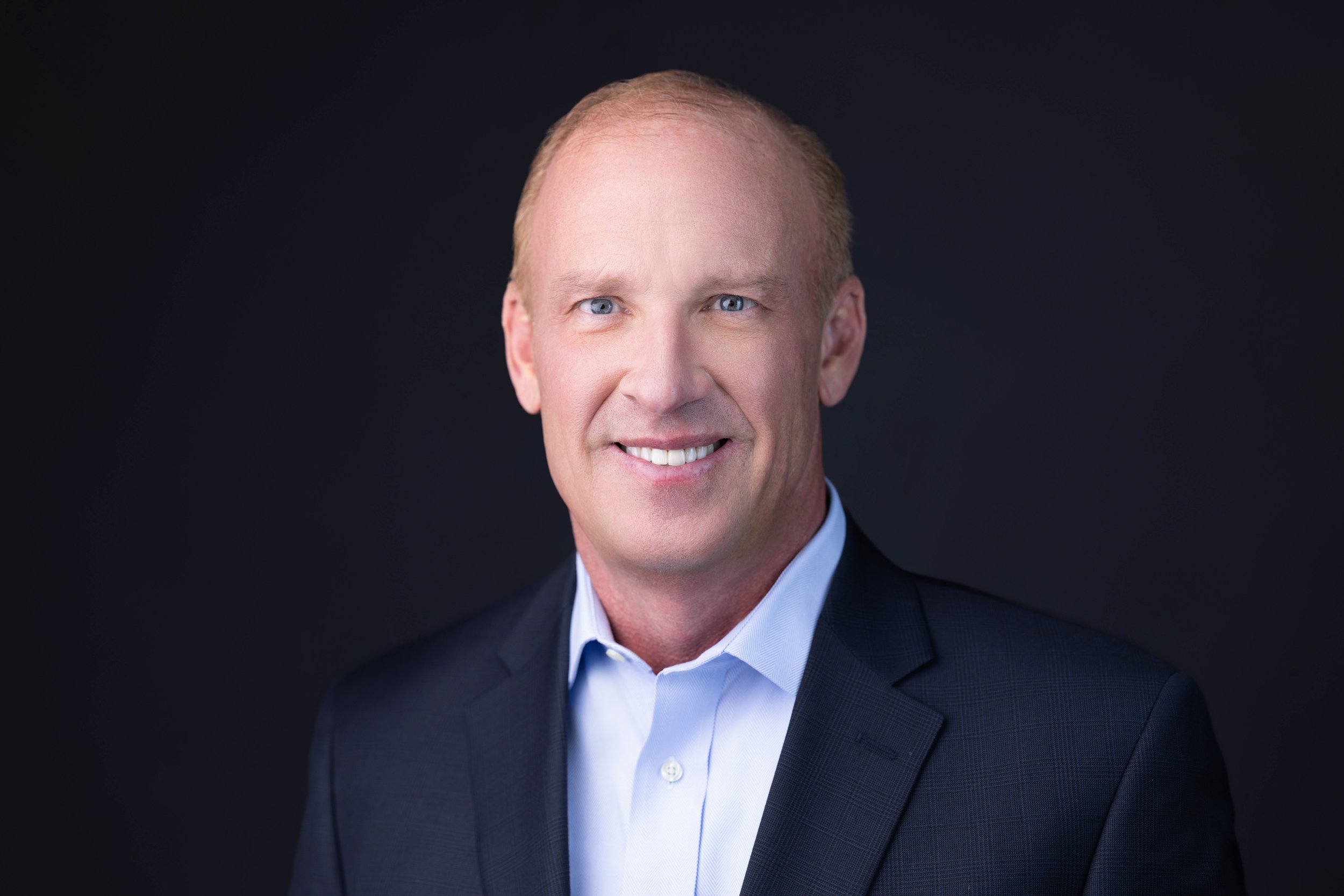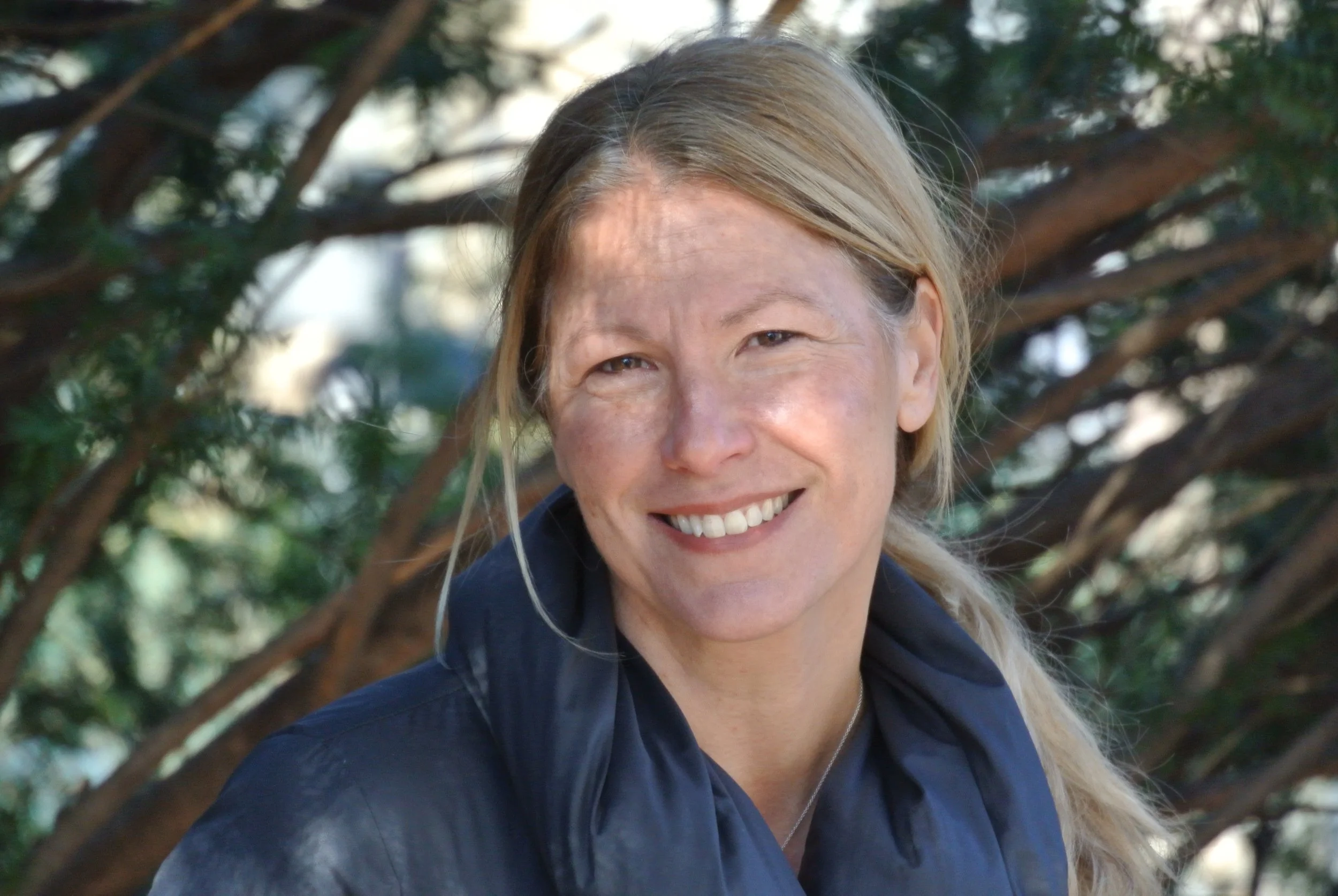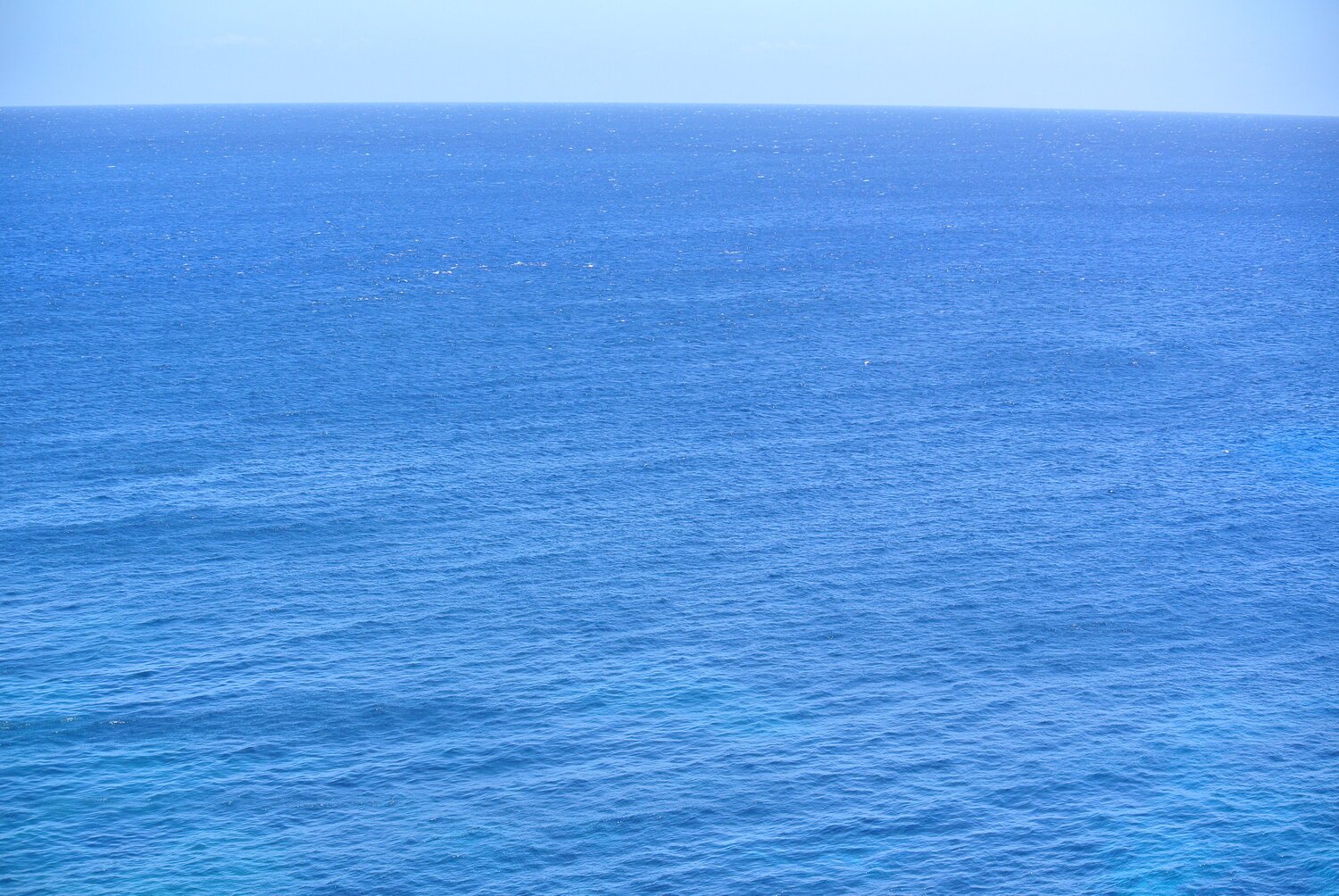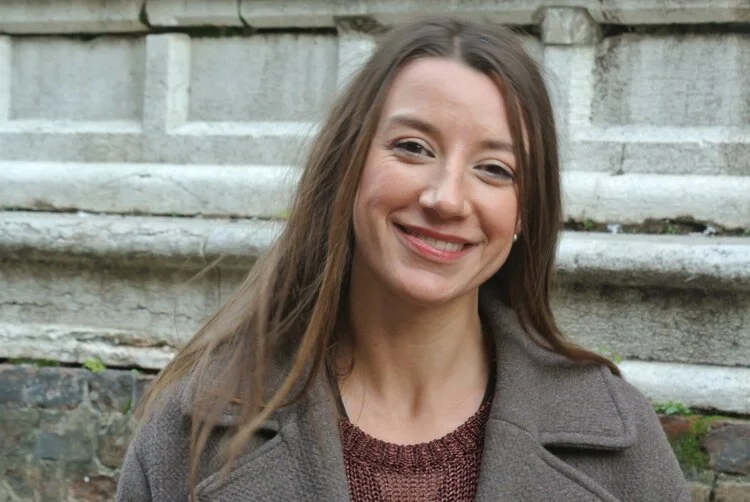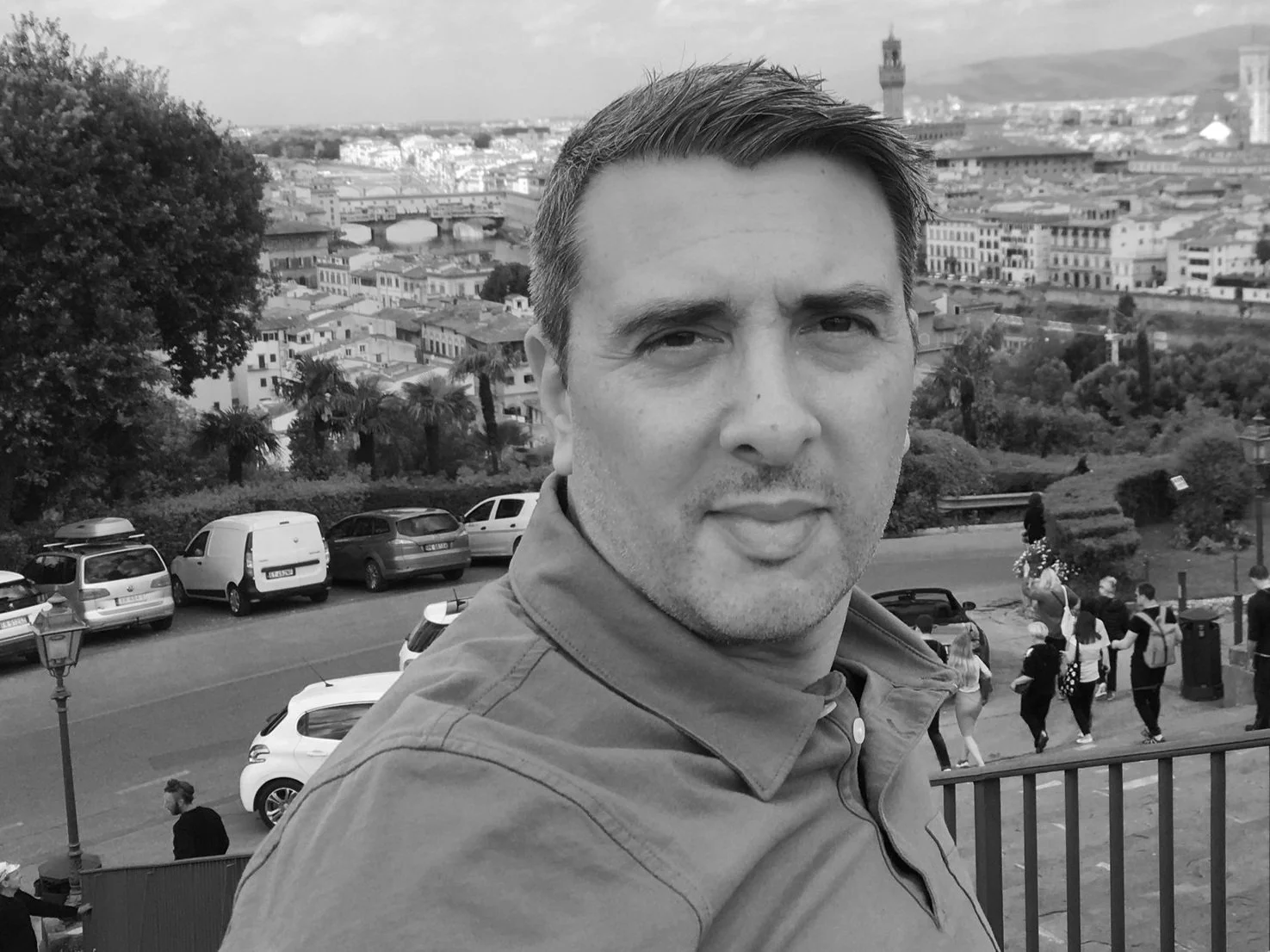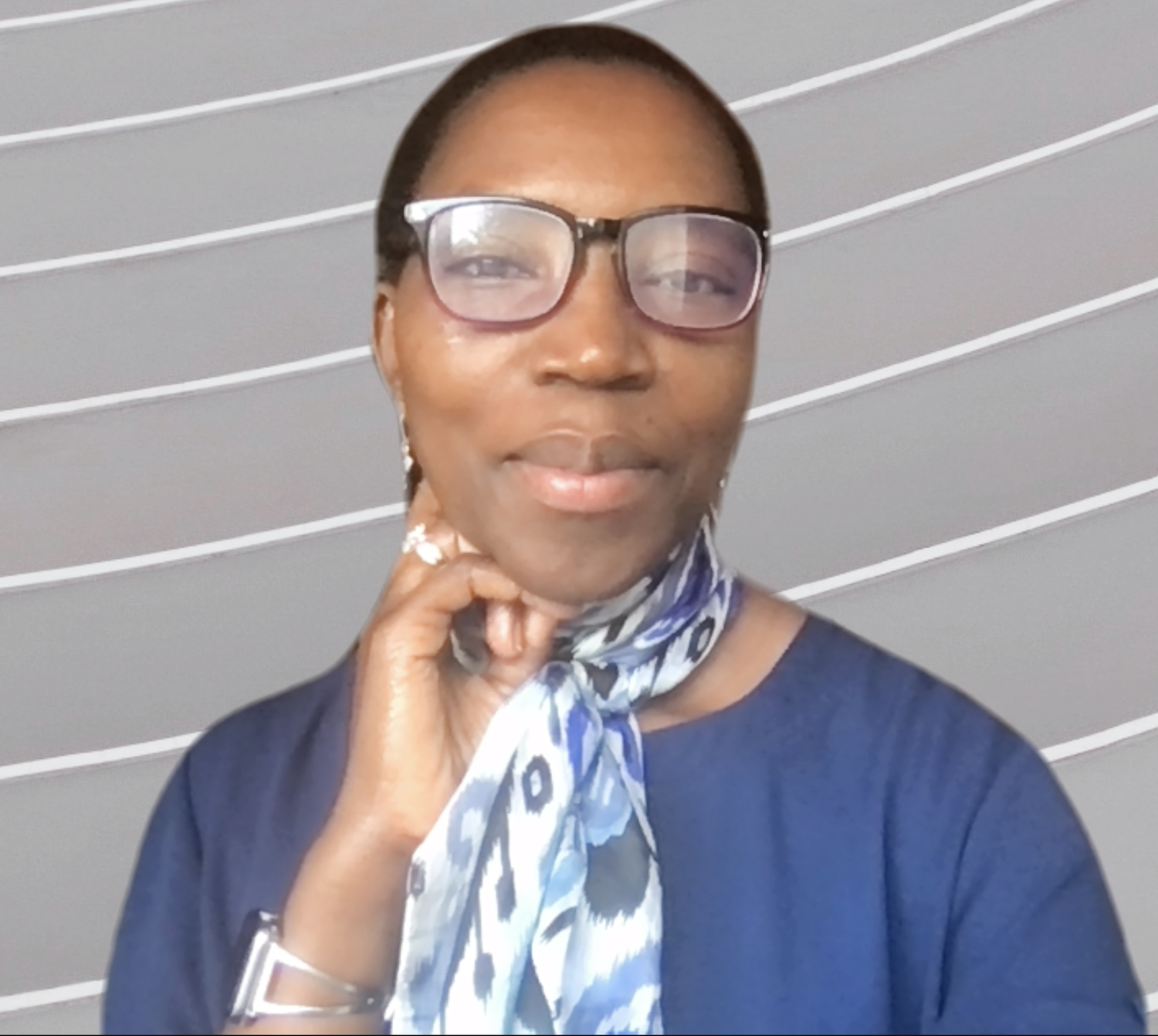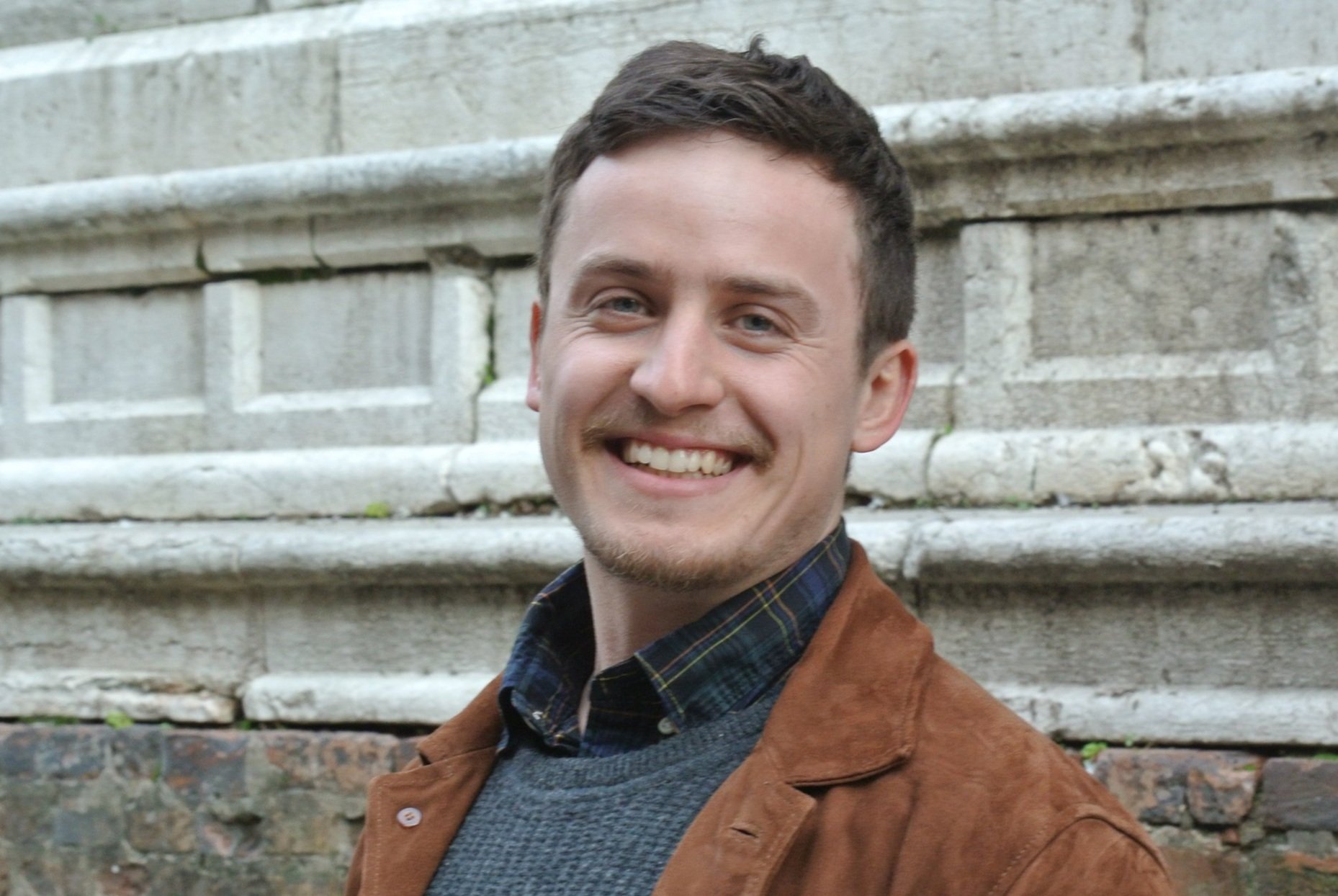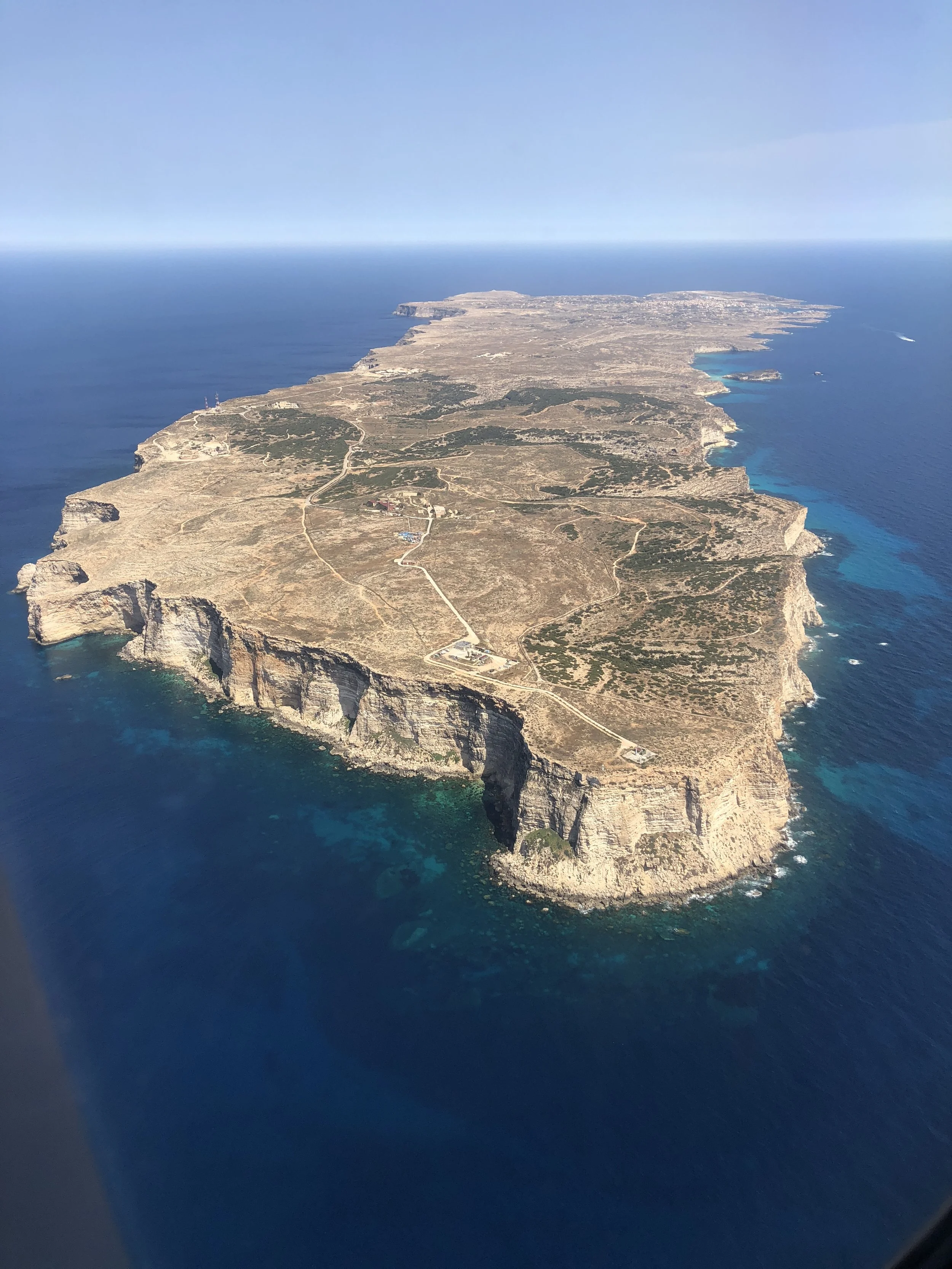
Board of Directors
Megan Butler, Ph.D.
Board Member
Megan Butler is a Lecturer in the English Department at the University of Washington and an English instructor for refugees and new immigrants at the Refugee Women’s Alliance (ReWA) in Seattle. She came to academia after an extensive career in the American publishing industry and after spending a decade leading community non-profits supporting financially precarious families in suburban New York. She teaches courses on the refugee in modern literature as well as composition through social issues using community engaged learning. She has written about engaging students in social issues for The New York Times and has a chapter about refugee identity in the recently published collection Care In a Time of Humanitarianism: Stories of Refuge, Aid, and Repair in the Global South (2024). Megan grew up in New York, attended college at Vanderbilt University, and received her doctorate from the University of Washington. She is an Ironman triathlete and an avid yoga practitioner, so when she’s not immersed in research or teaching, you can usually find her in the pool or out running near the beach in Seattle.
Pete English
Board Member
Pete English is a sales, marketing, operations and finance executive with 30 years of business experience across multiple industries. He is currently Senior Vice President and General Manager of the health plan vertical for PEAR Health Labs, a fitness and wellness company in Carlsbad, Calif. The early part of Pete’s career was spent as a CPA (inactive) and CFO in the manufacturing industry. For the last 20 years, he has been in the health insurance and technology space in sales, marketing and operational leadership roles. In addition to working for others, Pete and his wife started a privately held insurance agency, focusing on Medicare eligible individuals assisting them in selecting the appropriate Medicare health coverage.
He has a Bachelor of Science degree in Business Administration from the University of Richmond, a Masters of Science degree from Seton Hall University and a Master’s in Business Administration from the Fuqua School of Business at Duke University. He lives in central Florida with his wife and has two grown children.
Claudia Esposito, Ph.D.
Board Member
Claudia Esposito is Associate Professor of French and former Chair of the Department of Modern Languages, Literatures and Cultures, at the University of Massachusetts, Boston. With Stéphanie Ravillon Senior Lecturer at Brown University, and their respective students, she is lead translator of the French Archives for MotM. Her research focuses on Postcolonial literature, Mediterranean Studies, and Franco-Maghrebi cultural production. She is the author of The Narrative Mediterranean: Beyond France and the Maghreb (2013) and of numerous articles on literature and film in the journals Studies in French Cinema, Journal of Postcolonial Writing, Journal of Mediterranean Studies, The French Review, and Expressions Maghrébines, among others.
Claudia grew up in Rome, Italy, studied in the United States, and received her PhD in French Studies from Brown University. She has held invited visiting teaching positions at Brown University (2021) and Università degli Studi Roma Due/Tor Vergata (2023) and as Fulbright Scholar at Università degli Studi Roma Tre (2022). She currently lives and works in Boston, Massachusetts.
Ella Jae Fisher, Ph.D.
Board Member
Ella Fisher is a Professor of Anthropology at Western Washington University where she research and teaches on community building and urban sustainability in Nicaragua and the Netherlands. Dr. Fisher has been involved in a number of initiatives for economic and environmental justice as well as participatory and collaborative approaches to community empowerment. She has served on the board of directors of a number of nonprofit organizations and led a six-year collaborative research project to understand how to build more habitable cities, especially for economically, socially, and politically marginalized people. She regularly provides expert witness testimony for political asylum seekers and contributes a multi-regional perspective on migration as well as the power of storytelling to enact social change.
Dr. Fisher holds a Ph.D and M.S. in Anthropology from the University of Oregon and a B.A in Anthropology and Physics from Bucknell University. She has taught international development at George Washington University, political ecology at Cambridge University, and is a steering committee member of the Wolpow Institute for Holocaust and Genocide Studies at Western Washington University.
Anass Hanafi
Board Member
Anass Hanafi is specializing in space law University of Turin and works as researcher on International Space Law in several institutes and think tanks. He defines himself as an Afro-European, born in Turin, Italy, with Moroccan heritage, and works to enhance society using lobbying for positive purposes and creating bridges between disparate areas of society. He is Founder and President of NILI (Italian Inclusion Leaders Network), supported by the German Marshall Fund of the United States, an organization that enhances leadership among minorities, and gathers citizens with different backgrounds to produce new value among the community.
He is also founder of two think tanks: Campus 4.0 and OIPI (Osservatorio Italiano di Politica Internazionale) at the University of Turin which studies the influence of technology on future society and international relations.
He is Fellow TILN (Transatlantic Inclusion Leaders Network) by the German Marshall Fund of the United States of America, and a member of the Common Futures Conversation of the Chatham House. In 2023 he received the IVLP Alumni award for Social Innovation and Change from the US Department of State.
Pamela Kerpius
Board Member
Pamela Kerpius is Founder, CEO and Lead Correspondent of Migrants of the Mediterranean (MotM). Since 2016 she has been following people in the migrant community—from Lampedusa, across Italy and the EU—in documentation of their Journey Stories and ongoing lived experiences in Europe.
Her work began on a simple holiday to Lampedusa island in July 2016 when she witnessed people in the migrant community, primarily from Sub Saharan West Africa, on a central beach where they were segregated from European vacationers on rocks adjacent to the shore. Uncomfortable with the treatment they received and complicit in a system that benefitted her and excluded others, she set out on two more trips to Lampedusa in 2016 to investigate the migration phenomenon and help correct the system by humanizing it. The 2016 rounds culminated in November 2016 with her first encounters and interviews with people who had been recently rescued at sea and who were being housed in the island’s reception center. Kerpius saw this as a moment to document the history of people that society was turning its back to by capturing their stories one-by-one, as a public historical record and as individual ancestral files for participants. In over eight years she has captured over 100 stories, and has traveled through Italy, Germany, France, Belgium and The Netherlands in continuation of many of those stories.
She is the host of the MotM podcast Open Encounters, which records the voices of the people in the MotM community in conversation. She is also the lead administrator of the organization, and its face, having spoken regularly at public events, as a guest on podcasts, and in university classrooms and conferences across the US and Canada. She currently splits her time between Phoenix, Arizona, where MotM is based; The Hague, Netherlands, and Rome, Italy. The Arizona base has provided access for the MotM expansion to the US-Mexico border, where she has reported the organization’s first stories, making MotM officially global in its scale in 2024.
Alongside her work in migration and human rights advocacy, she is a creative director and copywriter in advertising, where her writing has been seen in campaigns for many national brands and Fortune 500 companies. She is a published author and film writer, having written for multiple online publications, and as a contributor to the book Violating Time: Memory, History and Nostalgia in Cinema (Continuum Press, 2008); and as a student, as a participant in the 2002 Telluride Film Festival Student Symposium, she saw the movie that introduced her to Lampedusa, Sicily, Respiro, a story that was based-in and shot on the island that invoked her initial interest in it.
She is a long-time student of history, having received her Master’s in Cinema Studies from New York University in 2005, and two Bachelor’s degrees from the University of Colorado, Denver, in History and English, with a Film minor in 2002; as well as a Diploma from the Spanish government via Instituto Cervantes for her Spanish language studies. She speaks advanced Italian, and remains a student of Spanish and Dutch, and looks forward to her friends in the migrant community teaching her everything from Wolof to Mandinka to Arabic. She enjoys the sea, hiking, design, excellent food, and introducing you to each and every one of the incredible people she meets on behalf of MotM across the globe.
Paul Listro
Board Member
Paul Listro is an accounting and finance executive in media with 35 years of experience, primarily in film and television production. He came to his vocation after several years in production management roles, applying his natural aptitude for numbers to his passion for cinema, television, theater and the arts in general. In addition to his media career in roles both on production crews and in-house at studios and production companies, including Castle Rock Entertainment, ITV and DreamWorks, Paul has had entrepreneurial experiences owning and operating two restaurants in the Kale Me Crazy juice bar franchise in Atlanta, GA and a legacy independent bookstore in Guilford, Conn., Breakwater Books.
Now semi-retired, Paul engages in part time consulting and accounting services primarily in children’s animation production. His clients include Hello Sunshine, Lion Forge Entertainment and Penguin Random House. He has served in a volunteer capacity as the Finance Director for Migrants of the Mediterranean since the spring of 2023. He is privileged to continue serving in that role and, now, honored to be included as a member of its Board of Directors.
Paul lives in New York City and Connecticut with his husband Richard. He is an avid reader and is an insatiable consumer of cinema and live theater. He enjoys cooking, boating, tennis and travel in any order or all at once.
Jeanine Ntihirageza, Ph.D.
Board Member
Jeanine Ntihirageza is a Professor at Northeastern Illinois University and serves as the Director of the Center for Genocide and Human Rights Research in Africa and the Diaspora. Originally from Burundi, she offers a unique perspective on peace and reconciliation efforts, deeply informed by African values and traditions, including the concept of ubuntu. Dr. Ntihirageza has been involved in multiple initiatives focused on trauma healing, restorative justice, and community empowerment. She is dedicated to fostering compassion, understanding, and resilience in communities affected by conflict, particularly through her work with projects like the Ubuntu Systemic Change (USC) initiative, which addresses cycles of mass violence and promotes social transformation.
Dr. Ntihirageza holds a PhD in Linguistics from the University of Chicago. While on a Fulbright scholarship, she obtained an MA in Linguistics from Southern Illinois University, Carbondale. Her BA, with distinction, in English Language and Literature, is from the University of Burundi. For 10 years she chaired the combined Department of Anthropology, English Language Program, Global Studies, Philosophy, TESOL & the School for the Advancement of English Language Learning.
Her research interests are in linguistics, language teaching, refugee and genocide studies, and human rights in Africa. Since 2013, Dr. Ntihirageza has served as Chair of the Genocide and Human Rights Research Group at NEIU, an interdisciplinary team organizing annual symposia on this topic. In addition to a number of refereed journal articles and book chapters, her publications include a co-edited and co-authored book, Critical Perspectives on African Genocide: Memory, Silence, and Anti-Black Political Violence (Rowan and Littlefield International, 2021), and a chapter “Repenser pour mieux panser: A survivor’s account of the 1972 Burundi genocide”. In the summer of 2021, she was a fellow at two separate institutes, the Summer Institute on the Holocaust and Jewish Civilization at Northwestern University and the Keene State College Summer Institute organized by the Cohen Center for Holocaust and Genocide Studies.
Nick O’Connell
Board Member
Nicholas O’Connell is a nonresident fellow with the Atlantic Council’s Europe Center and the Associate Director for Research Development at the School of International Service at American University, where he oversees the school’s external research partnerships and grant funding. Nick previously worked at the Atlantic Council as Deputy Director for public sector partnerships, developing an expansive portfolio with public sector partners globally, in support of the institution's program and centers' programming. In that role, he managed the Council’s government funding portfolio by identifying opportunities, writing proposals, and negotiating awards, while ensuring compliance with regulations. He also contributed regularly to the Atlantic Council’s Italy project, a collaboration between the Europe Center and Middle East Programs.
Previously, Nick worked with the European Delegation to the United States as a policy fellow; a series of political campaigns in the Midwest, including in Iowa and Wisconsin; a 2019 regional election in Emilia Romagna, Italy; and Migrants of the Mediterranean from 2017 to 2020. Nick is thrilled to now return to Migrants of the Mediterranean as a Board Member. Nick graduated cum laude from the University of Wisconsin-Madison with a BA in history and international studies. He is fluent in English and Italian, having lived two decades in Italy.
Marcin Żyła
Board Member
Marcin Żyła has been a journalist of The World Report, the most popular Polish news podcast, since 2024. He wrote his first foreign reports a dozen or so years ago for Tygodnik Powszechny weekly, from the countries of former Yugoslavia, where he followed the post-war transformation of Bosnia and Herzegovina, Serbia and Kosovo.
For more than a decade, he has covered migrants, refugees and borders. He travelled to Lampedusa, Sicily, the Aegean islands, the Middle East, Uganda and Burkina Faso; took part in rescue operations aboard Médecins Sans Frontières (Doctors Without Borders) ship in the Mediterranean, and walked in the ruins of destroyed Mosul. He says that by working with this topic, it is easy to show the “great change” in the world, both the dramatic scenes from the sea or the Sahel, and the drama of the people, and Western Realpolitik.
From the British Isles and America, Marcin has also covered Brexit and Donald Trump’s first election campaign. He publishes interviews with writers and artists, writes about the heritage of the Carpathian region and relationship between humans and other animals. He publishes in Polityka weekly and Spotkania z Zabytkami magazine.
Marcin is the winner of the Polish Sérgio Viera de Mello Prize (2023), awarded for work in support of peaceful coexistence of societies, religions and cultures. In 2016-2023 he was deputy editor-in-chief of Tygodnik Powszechny and previously worked at Znak publishing house. He teaches at the Jagiellonian University and divides his time between Kraków, where one Wednesday he was born, and mountainous Orava region, where he prefers to live from spring to late autumn.

